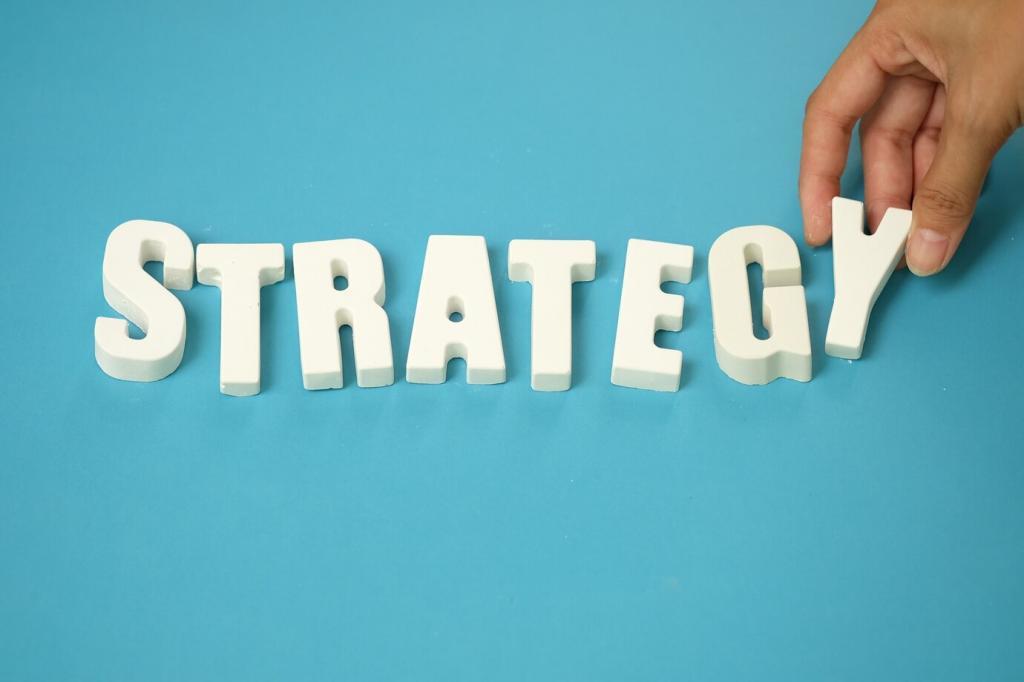Own the Room: The Art of Effective Speech Delivery
Foundations of The Art of Effective Speech Delivery
Clarify Your Purpose Before You Speak
Effective speech delivery begins with a single decision: what you want your audience to think, feel, or do. Define that goal early, and every story, statistic, and slide becomes a deliberate step toward the outcome you truly care about.
Know the Audience Behind the Chairs
Research their fears, hopes, and vocabulary. An engineer hears differently than a fundraiser; a student wants different examples than a board member. The Art of Effective Speech Delivery is, above all, the art of aligning your message with their world.
Structure That Guides Attention
Anchor your delivery in a simple arc: a hook, a clear path of points, and a memorable close. This structure reduces your mental load onstage, frees your voice, and lets listeners relax into the journey you are guiding.
Voice, Pace, and Pauses in Effective Speech Delivery
Breath Fuels Confident Tone
Inhale low, speak on the exhale, and feel your sound stabilize. When voices wobble, it is usually the breath. A steady airflow gives warmth, reduces filler words, and supports the calm authority that anchors effective speech delivery.


Pacing That Matches Meaning
Speed up only when the content is simple and exciting; slow down when ideas are dense or emotionally charged. Varying your pace keeps attention high, while careful deceleration during key lines makes your message stick like a highlighted sentence.


Body Language and Presence in Effective Speech Delivery
Feet grounded, shoulders open, chin level—this stance settles nerves and clarifies your voice. A strong neutral posture telegraphs composure, making your first sentence steadier and your audience more willing to trust your effective speech delivery.
Body Language and Presence in Effective Speech Delivery
Use open palms to invite, counted fingers to list, and measured arcs to illustrate transitions. Purposeful gestures help listeners visualize concepts and reduce verbal clutter, turning your delivery into a choreography of meaning rather than random movement.
Storytelling and Rhetoric for Effective Speech Delivery
Use a simple arc—problem, struggle, resolution. A nonprofit leader once opened with a midnight phone call and a single trembling question; ten minutes later, donations doubled because everyone felt the stakes before hearing a single metric.


Storytelling and Rhetoric for Effective Speech Delivery
Try contrast, repetition, and the rule of three. “Not faster, not cheaper, but better” turned a dry update into a rallying cry. These patterns help effective speech delivery carve grooves in memory without sounding theatrical or forced.



Visuals and Media That Support Effective Speech Delivery
Design Slides That Breathe
Choose large fonts, high-contrast colors, and one idea per slide. Replace paragraphs with images and numbers. When visuals whisper rather than shout, your effective speech delivery leads and the audience looks up, not down.
Demos and Props With Purpose
If you hold it, it must help. A founder once poured a cup of murky water to explain filtration design—no slide could match the gasp. Use tactile moments sparingly to anchor abstract points in concrete memory.
Online Delivery Without the Drift
For virtual talks, frame yourself at eye level, spotlight your face, and use frequent micro-pauses for chat responses. Screens shrink presence, so heighten vocal variety and ask quick polls to re-engage attention every few minutes.

Repeat the question in your own words to ensure understanding and buy time. This small habit calms your nervous system, shows respect, and keeps the entire room aligned while you craft a concise, helpful response.

Acknowledge the concern, share what you know, and promise a follow-up if needed. Never bluff. One executive earned trust by admitting limits, then emailing a crisp answer within a day—an extension of her effective speech delivery offstage.

Ask for a show of hands, a one-word chat response, or a brief pair discussion. These quick pulses reset attention, surface insights, and help your closing call to action feel like a natural next step rather than a push.
